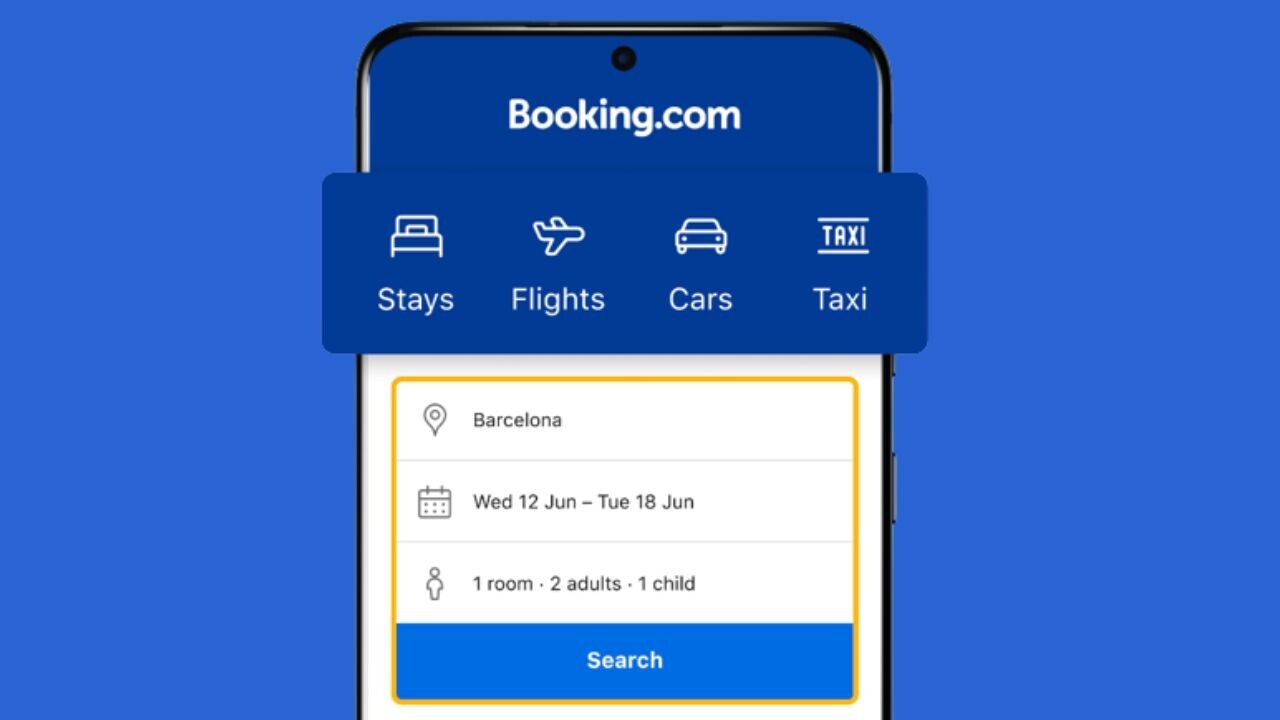
AI’s use in travel apps is nothing new — just think about the destination or hotel recommendations you get when booking a trip. But recent advances in generative AI are further shaking the sector.
Booking.com is the latest major travel agent to test the potential of the tech. Starting on June 28, the company is offering a beta AI trip planner, built upon its existing machine learning models and partially powered by OpenAI’s ChatGPT.
In essence, the planner is a conversational chatbot that’s designed to help consumers across the entire scope of the trip planning process.
“We’re able to start having scalable, one-to-one conversations with our customers on their terms, much like how you would begin to talk about planning a trip with your partner or friends,” said Rob Francis, Booking’s CTO.
Travellers can converse with the planner, which can in turn provide travel inspiration and suggest destinations, accommodation, and trip itineraries in real-time based on their needs and desires. Users can also refine their search options, see property prices, and book their stay directly.

The pilot AI trip planner will become available to a growing number of US-based members of the Genius loyalty programme over the coming weeks, while it’s still unknown if the company’s planning to expand its rollout to other regions. The feature will be accessible on Booking’s app, initially offered in English.
Other competing online travel agents like Expedia, Kayak, and Trip.com have already integrated ChatGPT plug-ins with offerings ranging from flight and accommodation information to reservations and itineraries.
Booking said its new tool “is just the beginning,” and it’s by no means far-fetched to envision AI emerging as the ultimate travel assistant — even though some of us would still prefer the joy of planning a trip the old fashioned way.
For now, however, ChatGPT’s ability to access data only until September 2021 presents a significant limitation for the ever-changing travel sector, where information needs to be up to date to be fully useful.
Get the TNW newsletter
Get the most important tech news in your inbox each week.





